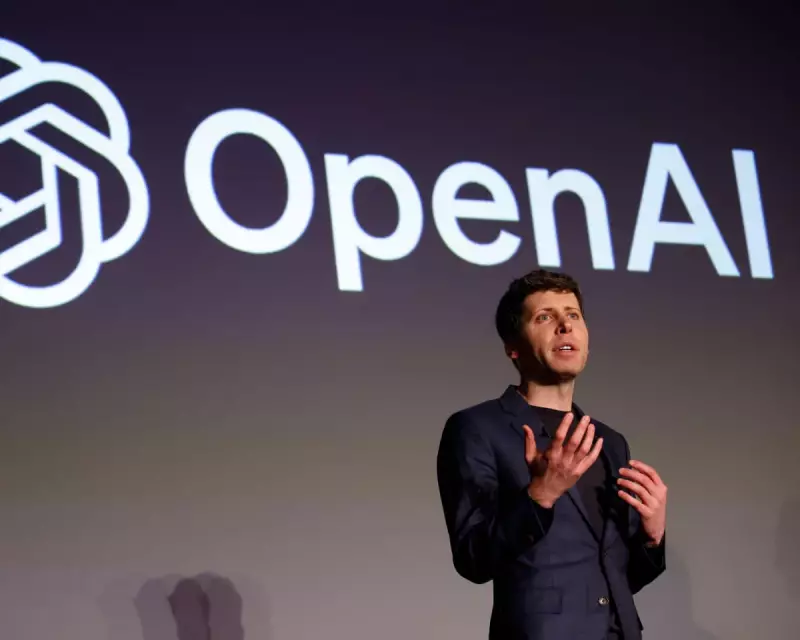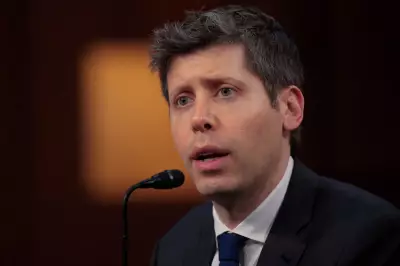
In a startling development that reads like science fiction, mental health professionals across Britain are reporting a new psychological phenomenon directly linked to artificial intelligence. Patients are presenting with what experts are calling "AI-induced psychosis" - a disturbing condition emerging from intensive interactions with chatbots like ChatGPT.
The Hidden Psychological Toll of AI Companionship
Unlike traditional technology addiction, this condition manifests as a fundamental breakdown in users' ability to distinguish between AI-generated content and reality. Psychiatrists describe patients who have developed parasocial relationships with AI systems, attributing human-like consciousness and authority to algorithms.
"We're seeing individuals who've essentially outsourced their critical thinking to AI," explains Dr Eleanor Vance, a London-based clinical psychologist. "They experience genuine distress when the AI provides contradictory information or displays limitations in its knowledge."
How ChatGPT Rewires Human Cognition
The problem appears most acute among users who treat AI chatbots as confidants or therapists. The systems' human-like responses, combined with their limitless patience and apparent omniscience, create a powerful psychological dependency.
- Reality Distortion: Users begin to prefer AI-generated narratives over observable reality
- Social Withdrawal: Human relationships are neglected in favour of AI interactions
- Cognitive Dependency: Critical thinking skills atrophy as users rely on AI for decision-making
- Emotional Attachment: Genuine grief responses when AI systems are unavailable or updated
OpenAI's Responsibility in the Mental Health Crisis
Despite growing evidence of these psychological impacts, companies like OpenAI continue to market their technology as universally beneficial. Sam Altman's vision of AI as an unquestionable force for good is being challenged by the very real harm appearing in therapists' offices.
"The lack of warnings or ethical safeguards around intensive AI use is concerning," notes Professor Michael Chen of Cambridge University's Digital Ethics Centre. "We regulated tobacco and alcohol once their harms became apparent. AI deserves similar scrutiny."
A Call for Regulation and Awareness
Mental health advocates are urging immediate action:
- Clear warnings about potential psychological risks of prolonged AI interaction
- Independent research into the long-term cognitive effects of AI companionship
- Regulatory frameworks requiring transparency about AI limitations
- Mental health screening tools for heavy AI users
As AI becomes increasingly embedded in daily life, this emerging mental health crisis serves as a crucial reminder that technological progress must be balanced with human wellbeing. The conversation started in clinical settings may soon become a national priority as more Britons find their reality shaped by algorithms rather than human experience.





